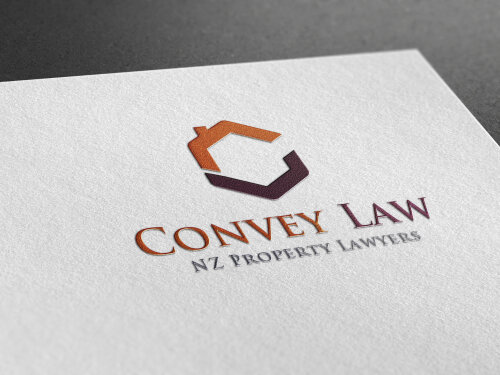Best Housing, Construction & Development Lawyers in Auckland
Share your needs with us, get contacted by law firms.
Free. Takes 2 min.
Free Guide to Hiring a Real Estate Lawyer
List of the best lawyers in Auckland, New Zealand
About Housing, Construction & Development Law in Auckland, New Zealand:
Housing, Construction & Development law in Auckland predominantly revolves around property rights, building codes, planning & zoning regulations, and contractual laws. Due to the city's burgeoning housing market and continual growth, these legal domains are particularly active. The law aids and controls all aspects of property development ranging from land acquisitions through to project completion. It also manages disputes relating to landlord-tenant relationships, housing policies, and urban development.
Why You May Need a Lawyer:
Individuals might need a lawyer specialized in Housing, Construction & Development law under various circumstances such as buying or selling property, claiming land rights, dealing with construction issues regarding contracts or liabilities, resolving tenant & landlord disputes, understanding zoning or planning regulations, or managing issues surrounding construction defects or delays. A lawyer can help address issues in a timely manner, provide legal protection, and ensure compliance with relevant local laws.
Local Laws Overview:
Locally, Auckland follows the New Zealand Building Code which sets the performance standards that all buildings must meet. There are also laws related to the Housing Improvement Regulations which mandate the minimum requirements for rental properties. The Unit Titles Act and Residential Tenancies Act govern the laws around strata and tenancy respectively. The Resource Management Act is another core legislation influencing planning and environment issues for development projects. The Construction Contracts Act governs retention money in construction contracts, ensuring protection of funds meant for remedial works.
Frequently Asked Questions:
What are my rights as a tenant in Auckland?
The Residential Tenancies Act provides tenants with rights including the right to privacy, freedom from unlawful discrimination, and assurance of a property in a reasonable condition.
Can I modify my property without seeking any approval?
Not all modifications may need approval. Minor amendments might not need consent, but significant changes, including certain types of renovations and infrastructural additions, may require Building Consent from the Auckland Council.
How do I resolve a dispute with my constructor?
The Construction Contracts Act outlines a dispute resolution process, which includes mediation, adjudication or arbitration. Legal assistance can help guide you through the process.
What happens if my property does not meet the Building Code?
If the property doesn't meet the Building Code, it can be tagged as 'non-compliant' which may affect insurance, bankability, future sales, and may result in legal action.
What are my obligations as a landlord?
Landlords are obliged to provide habitable premises, maintain properties to a reasonable standard, adhere to all relevant health and safety regulations, and respect the tenant's rights.
Additional Resources:
The Ministry of Housing and Urban Development, Tenancy Services, and the Auckland Council are key resources. The New Zealand Law Society can assist in finding legal professionals and the Auckland District Law Society provides useful property law updates.
Next Steps:
Should you need legal assistance in housing, construction, or development, consider connecting with a specialist lawyer, contacting respective governmental bodies, utilizing the New Zealand Law Society or Auckland District Law Society resources, or reaching out to the local citizen's advice bureau.
Lawzana helps you find the best lawyers and law firms in Auckland through a curated and pre-screened list of qualified legal professionals. Our platform offers rankings and detailed profiles of attorneys and law firms, allowing you to compare based on practice areas, including Housing, Construction & Development, experience, and client feedback.
Each profile includes a description of the firm's areas of practice, client reviews, team members and partners, year of establishment, spoken languages, office locations, contact information, social media presence, and any published articles or resources. Most firms on our platform speak English and are experienced in both local and international legal matters.
Get a quote from top-rated law firms in Auckland, New Zealand — quickly, securely, and without unnecessary hassle.
Disclaimer:
The information provided on this page is for general informational purposes only and does not constitute legal advice. While we strive to ensure the accuracy and relevance of the content, legal information may change over time, and interpretations of the law can vary. You should always consult with a qualified legal professional for advice specific to your situation.
We disclaim all liability for actions taken or not taken based on the content of this page. If you believe any information is incorrect or outdated, please contact us, and we will review and update it where appropriate.
















